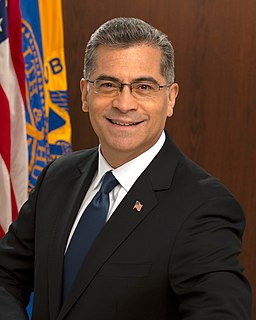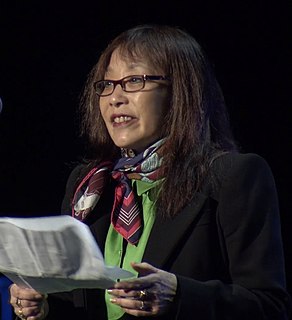A Quote by Rand Paul
The government has a history of not treating people fairly, from the internment of Japanese Americans in World War II to African-Americans in the Civil Rights era.
Related Quotes
One thing that does seem to me to be fairly consistent is that presidents who restrict civil liberties, even in wartime, are usually judged harshly for it. So most people agree that one of the worst stains on the reputation of FDR, who is widely considered a great president, is the internment of Japanese Americans during World War II. Likewise, Lincoln is judged harshly for the suspension of habeas corpus.
History of America, Part I (1776-1966): Declaration of Independence, Constitutional Convention, Louisiana Purchase, Civil War, Reconstruction, World War I, Great Depression, New Deal, World War II, TV, Cold war, civil-rights movement, Vietnam. History of America, Part II (1967-present): the Super Bowl era. The Super Bowl has become Main Street’s Mardi Gras.
I studied about the internment of Japanese Americans during the Second World War and about how the Constitution was written by men, many of whom were slave owners. So I suppose the travel ban strikes me as coming from an era I thought we'd left behind, but I guess we haven't entirely left it behind.
Most Americans who made it past the fourth grade have a pretty good idea who Thurgood Marshall, Rosa Parks, and Martin Luther King, Jr., were. Not many Americans have even heard of Alice Paul, Howard W. Smith, and Martha Griffiths. But they played almost as big a role in the history of women’s rights as Marshall and King played in the history of civil rights for African-Americans. They gave women the handle to the door to economic opportunity, and nearly all the gains women have made in that sphere since the nineteen-sixties were made because of what they did.


































